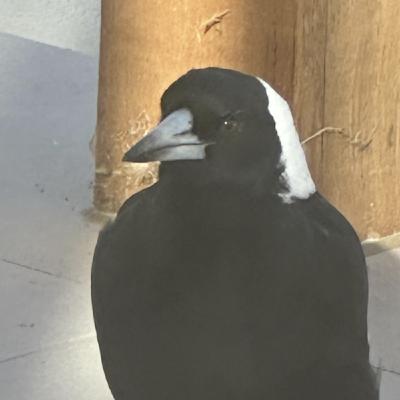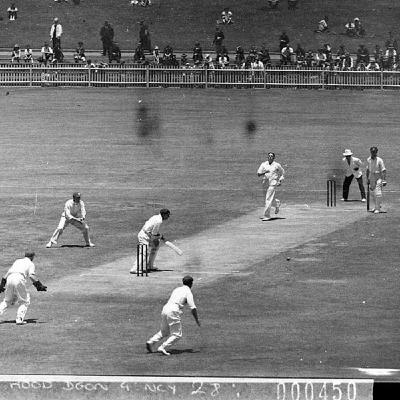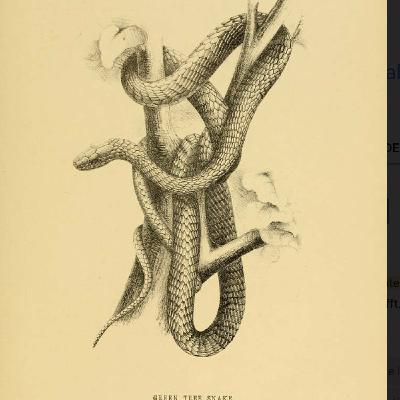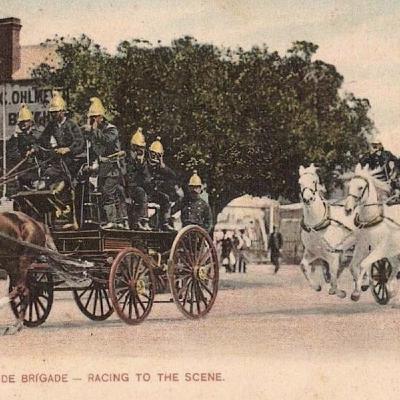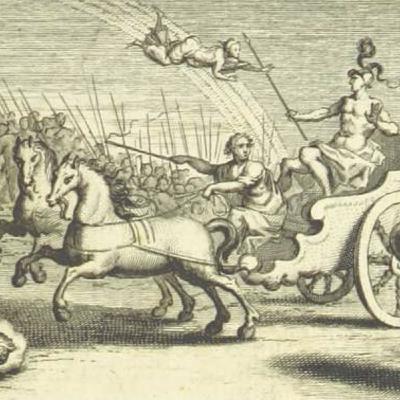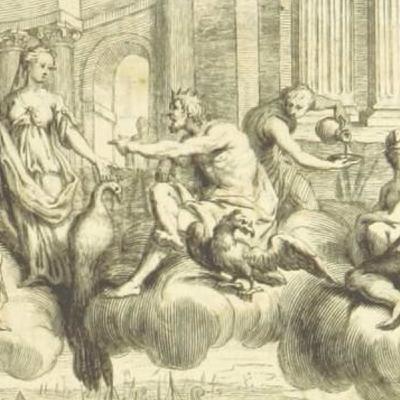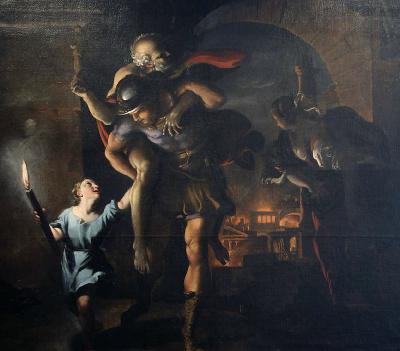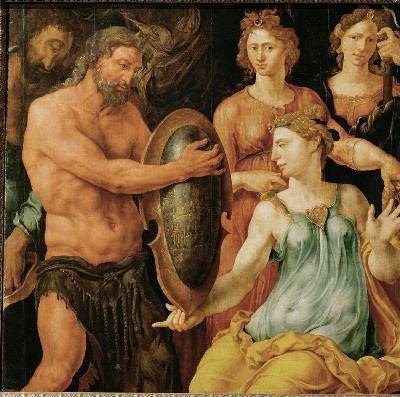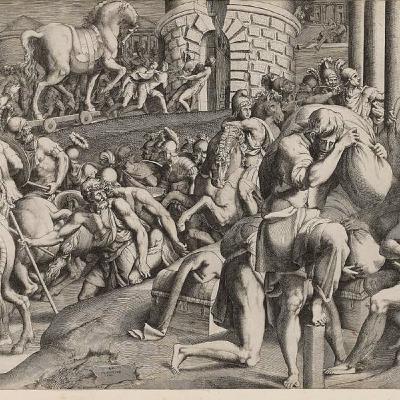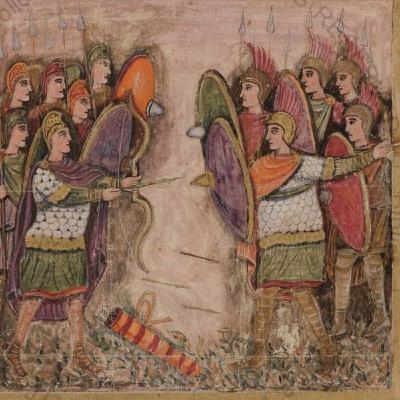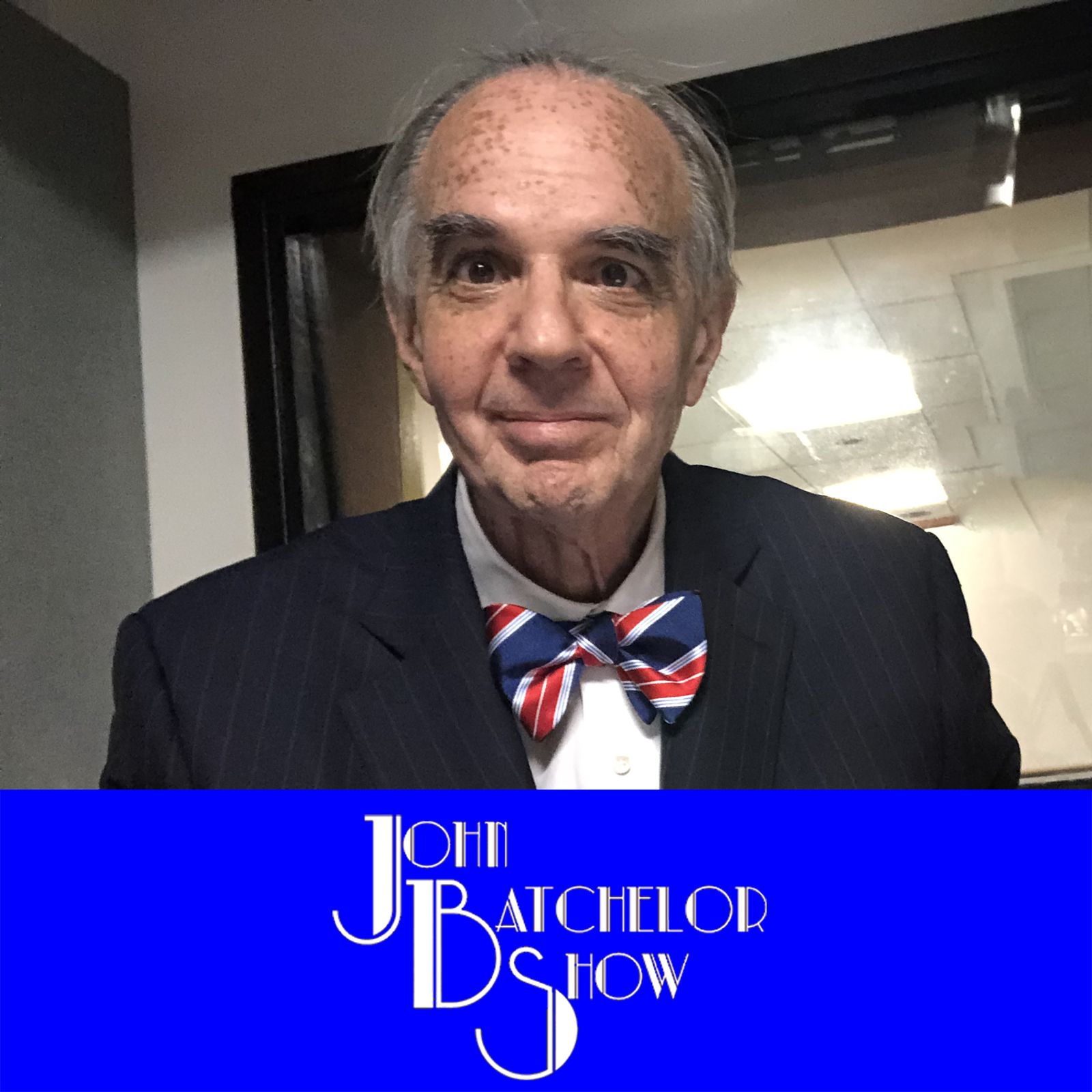S1 Ep77: SHOW 11-10-2025 CBS EYE ON THE WORLD WITH JOHN BATCHELOR THE SHOW BEGINS IN THE DOUBTS ABOUT THE GAZA "BOARD OF PEACE." FIRST HOUR 9-915 Analysis of the Trump Administration's "Take It or Leave It" Gaza Peace Plan. Bill Roggio and Ambassador Husain
Update: 2025-11-11
Description
SHOW
11-10-2025
CBS EYE ON THE WORLD WITH JOHN BATCHELOR
1910 gaza
THE SHOW BEGINS IN THE DOUBTS ABOUT THE GAZA "BOARD OF PEACE."
FIRST HOUR
9-915
Analysis of the Trump Administration's "Take It or Leave It" Gaza Peace Plan. Bill Roggio and Ambassador Husain Haqqani discuss how the Trump administration proposed a "take it or leave it" Gaza victory plan, including a Board of Peace, international financing, and security. Ambassador Haqqani found the plan vague and a "fantasy," failing to address ground realities like disarming Hamas or the IDF's withdrawal. Bill Roggio insisted that peace is impossible under Hamas, whose charter demands Israel's removal. The vagueness makes it unclear how regional capitals like Cairo and Doha will respond, potentially allowing turmoil to continue.
915-930
Analysis of the Trump Administration's "Take It or Leave It" Gaza Peace Plan. Bill Roggio and Ambassador Husain Haqqani discuss how the Trump administration proposed a "take it or leave it" Gaza victory plan, including a Board of Peace, international financing, and security. Ambassador Haqqani found the plan vague and a "fantasy," failing to address ground realities like disarming Hamas or the IDF's withdrawal. Bill Roggio insisted that peace is impossible under Hamas, whose charter demands Israel's removal. The vagueness makes it unclear how regional capitals like Cairo and Doha will respond, potentially allowing turmoil to continue.
930-945
Hezbollah's Rearmament and Israeli Active Defense Strategy in Lebanon and Gaza Peace Plan. David Daoud discusses how since the Gaza ceasefire, Hezbollah has been rearming, which the deal did not preclude. Israel shifted to "active defense," striking Hezbollah personnel and assets north and south of the Litani River, including in the Beqaa Valley, making no place in Lebanon off-limits. Hezbollah funds its operations through illicit transnational and internal economic channels. The US plan for Gaza aims for international engagement to preclude Hamas's resurgence, potentially relying on an international force and Israeli assistance.
945-1000
Hezbollah's Rearmament and Israeli Active Defense Strategy in Lebanon and Gaza Peace Plan. David Daoud discusses how since the Gaza ceasefire, Hezbollah has been rearming, which the deal did not preclude. Israel shifted to "active defense," striking Hezbollah personnel and assets north and south of the Litani River, including in the Bekaa Valley, making no place in Lebanon off-limits. Hezbollah funds its operations through illicit transnational and internal economic channels. The US plan for Gaza aims for international engagement to preclude Hamas's resurgence, potentially relying on an international force and Israeli assistance.
SECOND HOUR
10-1015
Geopolitical Shifts: Gaza Peace, Syria's al-Sharaa, and REising Anti-Semitism. Malcolm Hoenlein discusses how the comprehensive US plan for Gaza proposes a transitional Board of Peace and mandates the disarming of Hamas. Hoenlein expressed skepticism regarding al-Sharaa's White House visit, noting his background as an ex-jihadist who ordered massacres of minorities in Syria. While neutralizing Syria would be positive, al-Sharaa has yet to prove himself. There is also rising concern over anti-Semitism in Europe, evidenced by attacks on Israeli sports teams and polls showing sympathy for Hamas.
1015-1030
Geopolitical Shifts: Gaza Peace, Syria's al-Sharaa, and Rising Anti-Semitism. Malcolm Hoenlein discusses how the comprehensive US plan for Gaza proposes a transitional Board of Peace and mandates the disarming of Hamas. Hoenlein expressed skepticism regarding al-Sharaa's White House visit, noting his background as an ex-jihadist who ordered massacres of minorities in Syria. While neutralizing Syria would be positive, al-Sharaa has yet to prove himself. There is also rising concern over anti-Semitism in Europe, evidenced by attacks on Israeli sports teams and polls showing sympathy for Hamas.
1030-1045
Assessing European Reliability in Countering the China Threat to Taiwan. Steve Yates discusses how Europe's reliability in defending Taiwan is questioned, despite the Taiwan Vice President addressing the EU Parliament. Europe has historically lacked a significant defense footprint in East Asia. China exploits the narrative of European colonial history and decline to separate Europe from Taiwan. Although some European leaders prioritize economic opportunity with Beijing, reliable economic partners like Japan, South Korea, and Taiwan offer strong strategic and economic ballast against the risks posed by the People's Republic of China.
1045-1100
China's Censorship Campaign Against Pessimism and Social Discontent. Charles Burton discusses how China initiated a two-month campaign against "pessimism," targeting citizens who criticize the state due to economic failure, unfair housing, or joblessness. The regime ignores serious societal issues, relying on propaganda while profound discontent exists privately. Censorship is counterproductive, leading to false reporting and increasing internal cynicism toward the leadership. With official news censored, people rely on fast-running rumors, which the government attempts to deal with by arresting activists and rumor-mongers.
THIRD HOUR
1100-1115
Russia's Winter Strikes on Ukrainian Energy and the Battle for Pokrovsk. John Hardie discusses how Russia is escalating its winter campaign against Ukrainian energy infrastructure using a higher percentage of hard-to-intercept ballistic missiles and drones. This aims to break Ukrainian will and create leverage for negotiations. On the front, the battle for Pokrovsk is difficult, with Russians infiltrating the city and disrupting logistics using fiber-optic-controlled FPV drones. Although Ukraine has succeeded in attriting Russian forces there, preserving manpower by avoiding a late withdrawal remains a critical concern.
1115-1130
Russia's Winter Strikes on Ukrainian Energy and the Battle for Pokrovsk. John Hardie discusses how Russia is escalating its winter campaign against Ukrainian energy infrastructure using a higher percentage of hard-to-intercept ballistic missiles and drones. This aims to break Ukrainian will and create leverage for negotiations. On the front, the battle for Pokrovsk is difficult, with Russians infiltrating the city and disrupting logistics using fiber-optic-controlled FPV drones. Although Ukraine has succeeded in attriting Russian forces there, preserving manpower by avoiding a late withdrawal remains a critical concern.
1130-1145
Assessing al-Sharaa's Visit and the Risks of the Gaza Board of Peace Proposal. Edmund Fitton-Brown discusses how the proposed Gaza "Board of Peace" is part of the Trump plan to create active international engagement and prevent a return to Hamas control. The international stabilization force must have "real teeth" to fight subversive elements, unlike the failed UNIFIL mission. Regarding al-Sharaa, the self-named Syrian president and ex-al-Qaeda veteran, the White House visit gives him a chance to stabilize Syria. However, he must be pressured to investigate massacres of Druze and Alawites and hold people accountable (trust but verify).
1145-1200
Assessing al-Sharaa's Visit and the Risks of the Gaza Board of Peace Proposal. Edmund Fitton-Brown discusses how the proposed Gaza "Board of Peace" is part of the Trump plan to create active international engagement and prevent a return to Hamas control. The international stabilization force must have "real teeth" to fight subversive elements, unlike the failed UNIFIL mission. Regarding al-Sharaa, the self-named Syrian president and ex-al-Qaeda veteran, the White House visit gives him a chance to stabilize Syria. However, he must be pressured to investigate massacres of Druze and Alawites and hold people accountable (trust but verify).
FOURTH HOUR
12-1215
Discussion of al-Sharaa's White House Visit, Syrian Sanctions, and Domestic Stability Issues. Ahmad Sharawi discusses how al-Sharaa (formerly al-Jolani), the self-named president of Syria and former al-Qaeda leader, visited the White House seeking the repeal of Caesar sanctions. The administration hopes he can stabilize Syria, ignoring his history of massacres against minorities like the Alawites and Druze. Critics argue he must address internal stability and remove foreign fighters first, as he is being rewarded for actions already serving his self-interest, such as fighting ISIS and limiting Iran's influence.
1215-1230
Discussion of al-Sharaa's White House Visit, Syrian Sanctions, and Domestic Stability Issues. Ahmad Sharawi discusses how al-Sharaa (formerly al-Jolani), the self-named president of Syria and former al-Qaeda leader, visited the White House seeking the repeal of Caesar sanctions. The administration hopes he can stabilize Syria, ignoring his history of massacres against minorities like the Alawites and Druze. Critics argue he must address internal stability and remove foreign fighters first, as he is being rewarded for actions already serving his self-interest, such as fighting ISIS and limiting Iran's influence.
1230-1245
Climate Change, Indigenous Demands, and Governance Challenge
Comments
In Channel


